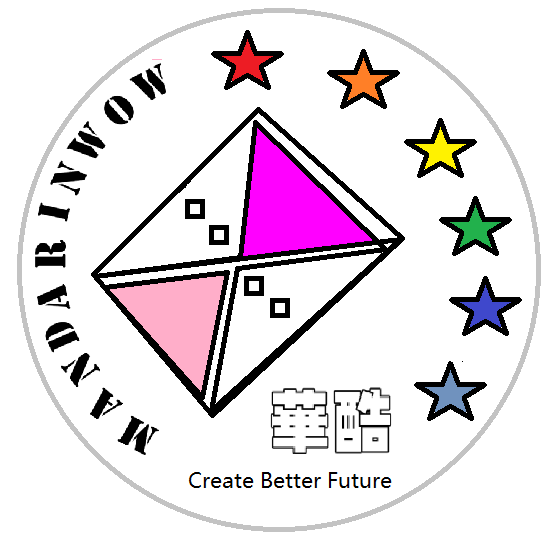What is a simple definition of culture?
Culture can be defined as all the ways of life including arts, beliefs and institutions of a population that are passed down from generation to generation. Culture has been called “the way of life for an entire society.” As such, it includes codes of manners, dress, language, religion, rituals, art.
How the Chinese traditional festival effect the human being?
Chinese traditional festivals have a significant impact on the lives of people in various ways. These festivals are deeply rooted in Chinese culture and have been celebrated for centuries. Here are some of the ways in which Chinese traditional festivals affect human beings:
- Cultural Preservation: Chinese festivals play a crucial role in preserving and passing on traditional customs, values, and practices from one generation to the next. They are a reflection of the rich cultural heritage of China.
- Strengthening Family Bonds: Festivals in China are often family-centric, encouraging family members to come together and celebrate. These occasions reinforce family bonds and provide opportunities for reunions.
- Promoting Social Cohesion: Festivals bring communities and neighborhoods together as people celebrate collectively. They foster a sense of belonging and community spirit.
- Economic Impact: Chinese festivals stimulate economic activities, as they lead to increased spending on food, gifts, decorations, and travel. This boost in economic activity benefits businesses and supports job creation.
- Promoting Traditional Arts: Festivals are a platform for showcasing traditional arts such as music, dance, calligraphy, and martial arts. They help in keeping these art forms alive and appreciated.
- Education and Knowledge Transfer: Festivals are an opportunity to educate younger generations about the significance, history, and customs associated with these events. Elders pass on their knowledge and stories to the youth.
- Promoting Traditional Clothing and Textiles: Festivals often involve wearing traditional clothing, like the cheongsam or hanfu. This helps in preserving and promoting traditional textile craftsmanship and fashion.
- Promoting Traditional Cuisine: Each festival has its specific food and dishes. Chinese festivals promote traditional cuisine and encourage the enjoyment of traditional dishes.
- Cultural Exchange: Chinese festivals, such as the Spring Festival (Chinese New Year) and Mid-Autumn Festival, have become global celebrations in many countries with Chinese communities. They provide opportunities for cultural exchange and understanding.
- Fostering a Sense of Identity: Festivals are a source of cultural pride and identity for Chinese people. They remind individuals of their cultural roots and heritage.
- Philanthropy and Acts of Kindness: Festivals often encourage acts of kindness, charity, and helping those in need. For example, during the Lunar New Year, it is common to give red envelopes (hongbao) containing money as a gesture of goodwill.
- Emotional and Psychological Benefits: Festivals bring joy, happiness, and a sense of celebration to people’s lives. They provide an emotional boost and a break from routine.
- Tourism and Cultural Exchange: Chinese festivals attract tourists and visitors from around the world, contributing to cultural exchange and international understanding.
- Globalization: With the Chinese diaspora, these festivals are celebrated in various parts of the world, contributing to globalization and intercultural dialogue.
In summary, Chinese traditional festivals have a multifaceted impact on human beings, encompassing cultural, social, economic, and emotional dimensions. They are an integral part of Chinese society and continue to play a significant role in shaping the lives and values of the people who celebrate them.

You must be logged in to post a comment.